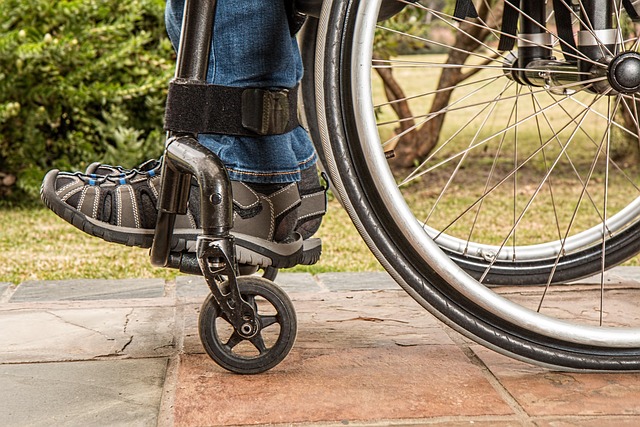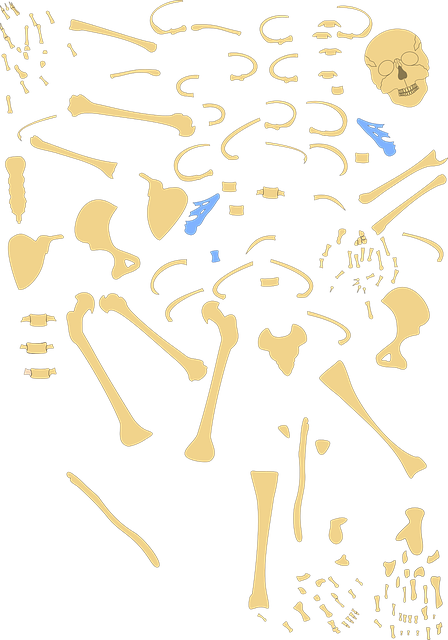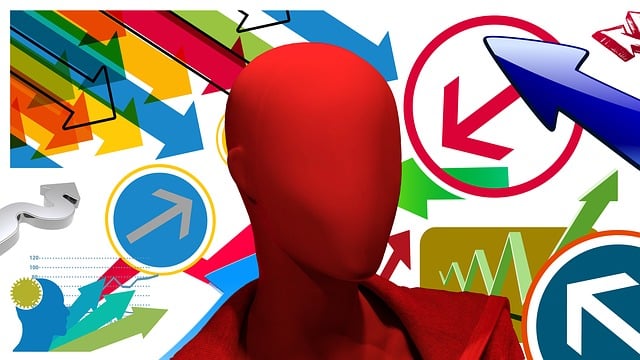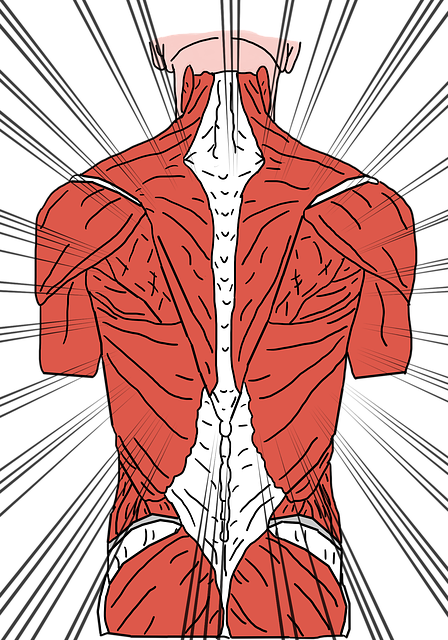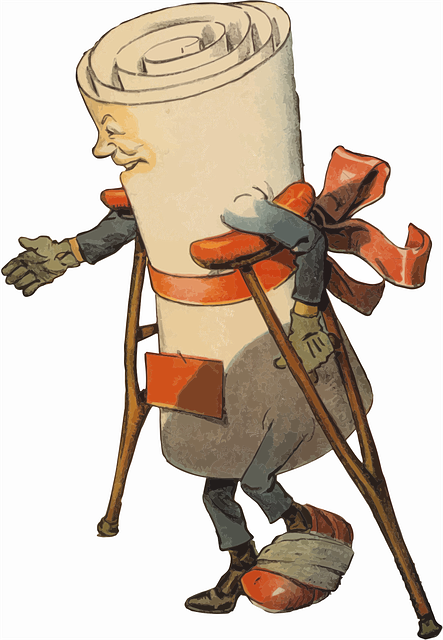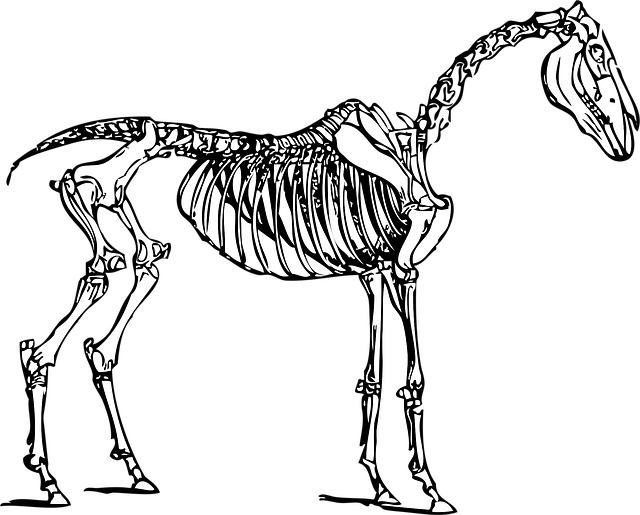Car collisions can cause hidden spinal ligament injuries leading to long-term pain, often overlooked by conventional methods. Chiropractors use Comprehensive Radiological Metometry Analysis (CRMA), an advanced imaging technique, to diagnose these subtle yet significant damages. CRMA detects micro-displacements and strains in vertebral ligaments, providing precise diagnoses and personalized treatment plans for non-invasive chiropractic care, effectively relieving pain without surgery or extended recovery periods.
Chiropractors play a vital role in accident injury diagnosis, particularly in identifying subtle car collision-related spinal ligament injuries that may go unnoticed. This article explores how Chiropractors leverage CRMA (Chiropractic Radical Memory Analysis) as a precision tool for diagnosing such injuries. We delve into the impact of CRMA on revolutionizing accident injury assessment, especially in the context of car collisions, and highlight the benefits of chiropractic care in fostering effective recovery strategies.
- Car Collisions: Uncovering Spinal Ligament Injuries
- Chiropractic Care: A Precision Diagnosis Tool
- CRMA: Revolutionizing Accident Injury Assessment
Car Collisions: Uncovering Spinal Ligament Injuries
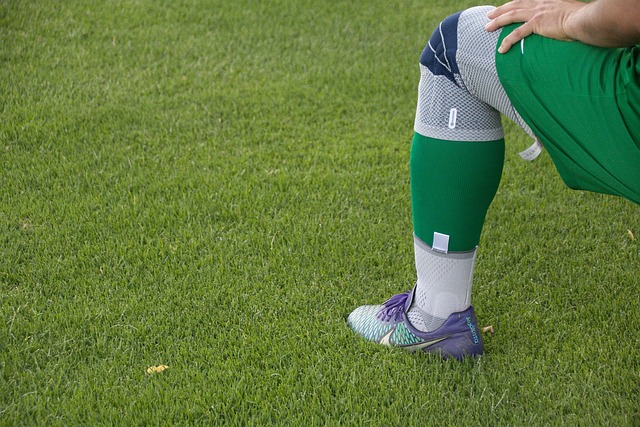
Car collisions can lead to a range of injuries, and spinal ligament damage is often overlooked. Chiropractors play a crucial role in diagnosing and treating such hidden injuries using Comprehensive Radiological Metometry Analysis (CRMA). This advanced technique enables them to accurately assess the impact of a car accident on an individual’s spine, revealing subtle yet significant spinal ligament injuries.
CRMA provides detailed imaging, allowing chiropractors to identify micro-displacements and strains in the ligaments supporting the vertebrae. These injuries may not be apparent through conventional means, but they can cause long-term pain and discomfort if left untreated. Chiropractic care offers a non-invasive approach to managing these injuries, ensuring patients receive effective treatment without the need for extensive surgery or prolonged recovery periods.
Chiropractic Care: A Precision Diagnosis Tool
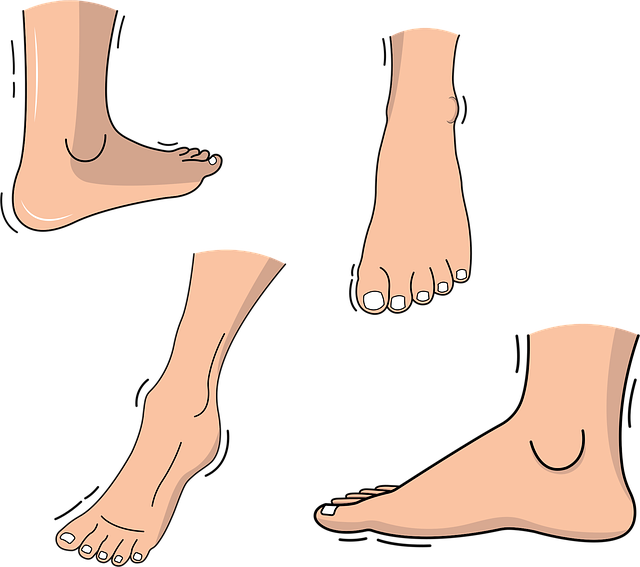
Chiropractic care offers a unique and precise approach to diagnosing and treating accident-related injuries, especially those affecting the spine and ligaments. When a patient suffers from a car collision or any other traumatic event, Chiropractic Radiological Medical Assessment (CRMA) becomes an invaluable tool for chiropractors. This advanced diagnostic method allows practitioners to thoroughly evaluate the patient’s condition by analysing detailed images of their musculoskeletal system, particularly focusing on the spinal column and surrounding ligaments.
By utilising CRMA, chiropractors can accurately identify subtle misalignments, herniated discs, or damaged ligaments that might not be apparent through manual examination alone. This precision enables them to develop tailored treatment plans, ensuring effective care for car collision victims suffering from spinal ligament injuries.
CRMA: Revolutionizing Accident Injury Assessment
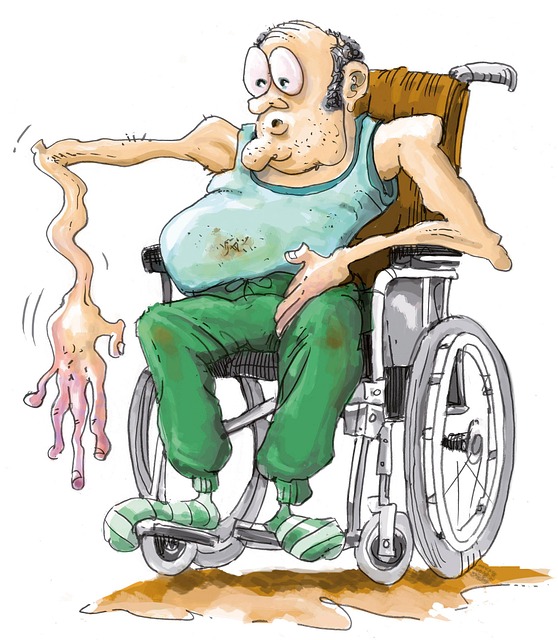
Chiropractors are increasingly leveraging Computerized Radiological Measurement Analysis (CRMA) as a groundbreaking tool for diagnosing accident-related injuries, particularly those affecting the spine and ligaments. This technology offers a revolutionary approach to accident injury assessment by providing precise measurements and detailed analyses of medical imaging, such as X-rays and MRIs.
CRMA streamlines the evaluation process, enabling chiropractors to detect subtle misalignments and damage to spinal ligaments that might be invisible to the naked eye. By quantifying the degree of injury, CRMA assists in tailoring chiropractic care plans, focusing on specific adjustments and therapies to alleviate pain, promote healing, and restore proper body function after a car collision.
Chiropractors now have a powerful ally in diagnosing and treating car collision-related spinal ligament injuries thanks to CRMA technology. This innovative approach to accident injury assessment allows for precise, non-invasive evaluations, enhancing the effectiveness of chiropractic care. By leveraging CRMA, chiropractors can more accurately identify subtle injuries that might otherwise go unnoticed, ensuring patients receive the best possible treatment and faster recovery times.



